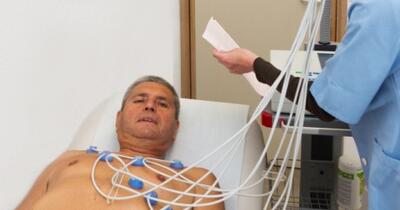All nurses are important and unique if you think about it. When I was doing my blog research, I came upon this name. I was confused and I did not want spoilers so I looked up the meaning of nephrology.
Nephrology (from Greek νεφρός nephros "kidney", combined with the suffix -logy, "the study of") is a specialty of medicine and pediatrics that concerns itself with the study of normal kidney function, kidney problems, the treatment of kidney problems and renal replacement therapy (dialysis and kidney transplantation).
Then I finally read the additional information on nephrology nurses.
Nephrology Nurses help patients with kidney diseases or abnormal kidney functions. One of their most important duties is to assist patients with their dialysis treatments. They work in one of the most diverse collections of environments in nursing, and can be found in acute/critical, home training, outpatient dialysis clinics, and even in transplant units where patients receive new kidneys.
Nephrology nursing practice requires a common knowledge base to care for pediatric, adult, and geriatric patients with kidney disease. The roles of the nephrology nurse include the following:
- Staff nurse, hospital or outpatient settings
- Hemodialysis/peritoneal dialysis nurse
- Vascular access coordinator
- Nurse manager
- Transplant coordinator
- Organ recovery coordinator
- Office nurse
- Nurse practitioner
- Clinical nurse specialist
- Pharmaceutical representative
- Nurse researcher
- Quality management
- Nurse educator
- Corporate/sales
- State or federal surveyor
Care may be extremely complex: patients may have numerous conditions including, but not limited to, cardiovascular disease, diabetes, hypertension, infectious disease, bone disease, or psychiatric conditions. In addition, many face psycho social issues. The nurse’s role is to help patients manage their lives – succeed at school or work, socialize, maintain relationships, or enjoy hobbies – while effectively dealing with their health issues. It is important to note that not all patients with kidney disease require dialysis and/or transplant; the majority of the diseases that affect the kidneys are treatable and potentially able to be arrested or even cured. Some patients may elect conservative management and palliative care. In these cases, one of the nephrology nurse’s primary roles is to educate patients about their diseases, prognoses, and treatments.
THINGS YOU'LL DO:
- Implement treatment plans
- Work with diabetes patients
- Perform dialysis treatments
YOUR JOB CHARACTERISTICS:
- Multifaceted
- Patient-facing
Salary: $78,048














